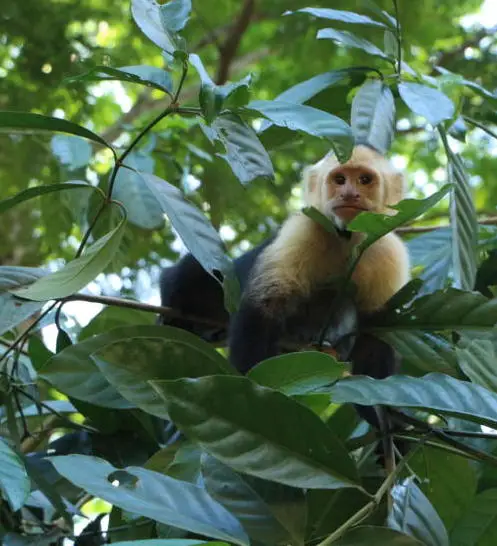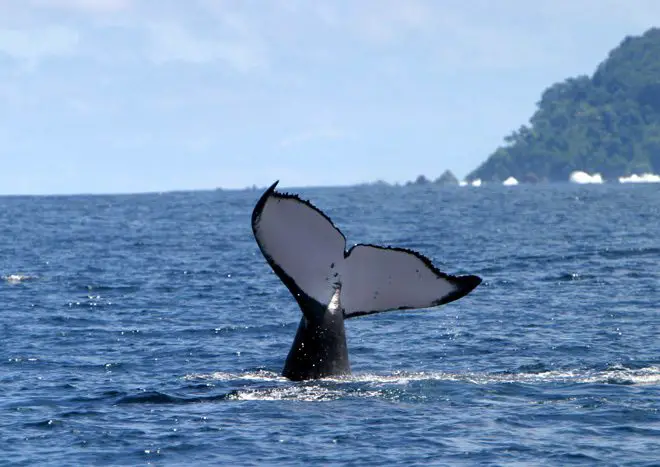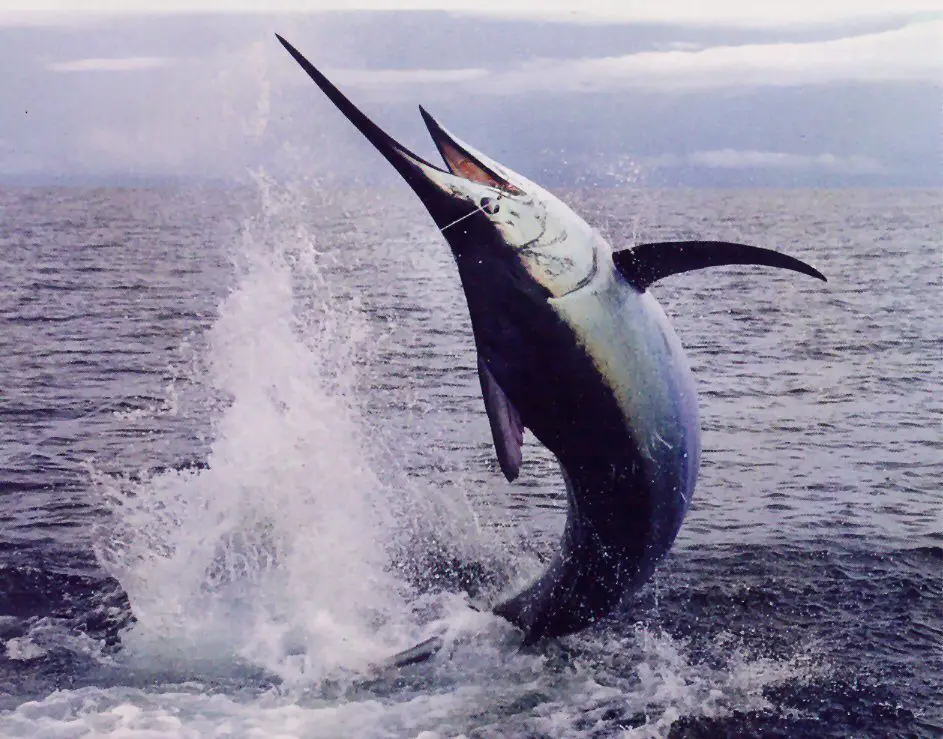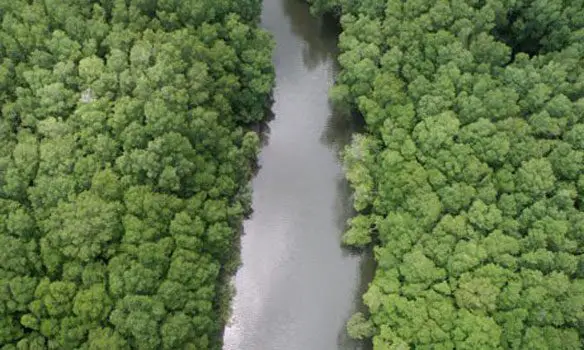Caminos de Osa: a perfect combination of tourist development and respect for nature
Awarded in the 21st edition of Best Active Tourist Product contest organized by the Spanish International Tourist Fair (FITUR), this project was labeled as an opportunity to promote local development and enjoyment for visitors without compromising its spectacular surrounding ecosystems – Francisco Machalskys
More and more countries are betting on tourism as a fast road to attract fresh capital into their coffers. But the task is not that simple as it seems: the crowd of visitors demands without excuse suitable accommodation infrastructure and interesting places that are worth enough for visiting, not to mention the negative impact of massive tourism on delicate natural landscapes or inadequate cultural intercourse in remote inland villages.

In Costa Rica, though, a group of entrepreneurs appears to having found the recipe that mixes tourism boost, enjoyment for visitors, local development and respect for nature as well. This is Caminos de Osa –Osa Trails, as in English- a tourism project opened in February 2015 as a public-private merger gathering partners like the Costa Rica U.S.A: Foundation for Development (CRUSA), Stanford University’s OSA-Golfito Initiative (INOGO), Responsible Business for All (RBA) and the National System of Conservation Areas (SINAC, as in Spanish) along with the local organized community.

Nestled in the heart of Osa Peninsula, its unique charm lies in its location at three-great-trails of Golfo DulceForest Reserve, close to the communities of Rancho Quemado, El Progreso, Drake Bay, La Palma and Puerto Jiménez. Thus, people of these settlements actively partake in this project as route guides, hosts, food providers and other activities related to attention of visitors.
But visitors not only come and enjoy the lush green landscapes of this unique forest reserve just like that. Besides, they learn about history, culture, nature respect and popular knowledge, from artisan fishing and palm leaves craftsmanship to aboriginal ngöbe tradition by the mouth of these local partakers especially trained after two years of tourism entrepreneur preparation process that took more than 200 hours of courses and workshops.

It cannot be another way: 80 percent of Osa Peninsula’s territory is under protection because of representing 2.5 percent of worldwide biodiversity, gathered at Corcovado National Park, considered a must for most of the travelers worldwide. Corcovado National Park alone attracts 34,000 visitors per year.
But trying to define Osa Peninsula under the term pretty or beautiful may be insufficient and restrictive to describe an impressive place where tropical forest meets Sea Pacific. Marked by the greenness and the remote roars of the ocean, the area is home to 140 species of mammals, 370 birds, 123 butterflies, 6000 kinds of insects and 300 varieties of trees which combine an unparallel natural wealth. An interesting fact is that here lies the largest mangrove forest in Latin America.

When in place, visitors are in able to rent any of a 3-4-5-7 persons shacks, not precisely luxury but comfortable and full-equipped with private restroom and complete fitted kitchen. If cooking is not the interest for you, a colorful and quaint restaurant offers a wide-range menu of local dishes. The making of these shacks was intended to provide maximum comfort to visitors with a minimum impact to the environment.
Besides meeting the magic and magnificent of Corcovado National Park –a never-grow-tired activity in itself- it is possible to enroll in another practices like an on canoe artisan-fishing session, a whales or dolphins watching, even a trekking for meeting poisonous frogs. Moreover, a service of guides who lead you within the forest to live a Robinson Crusoe adventure style is available.
This tourism project has even caught the attention of Costa Rica’s vice president herself, Ana Helena Chacón, who has identified it as “fundamental to build realities through private-public alliances like Caminos de Osa showing that joint efforts like this lead to achieving wonderful, transformative projects”.
The cooperative and sustainable-development nature of Caminos de Osa project didn´t pass unaware to the Spanish International Tourist Fair (FITUR), a recognized annual event where the best active tourism products are awarded for the purpose of boosting and encouraging the tourism industry development for the last 21 years. Thus, Caminos de Osa project won the 21st edition of FITUR held in 2016 under the category of International Adventure.
In the words of Caminos de Osa’s CEO Juan Diego García Godínez “this award recognizes the joint effort made along the last two years that have gathered public and private institutions, non-governmental organizations and local entrepreneurs as well. This prize tells us that we are in the right way and gives us a space to show that it is possible to undertake sustainable and modest projects like this”.
Written by: Francisco Machalskys
